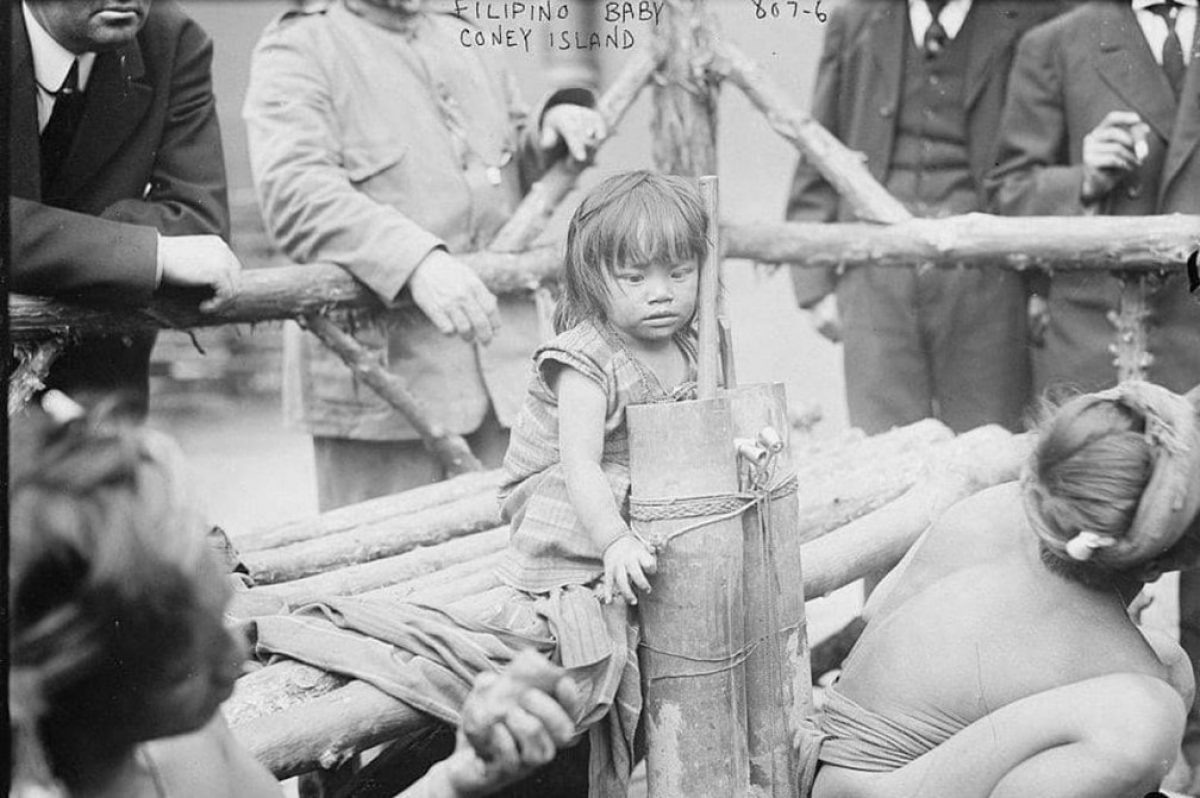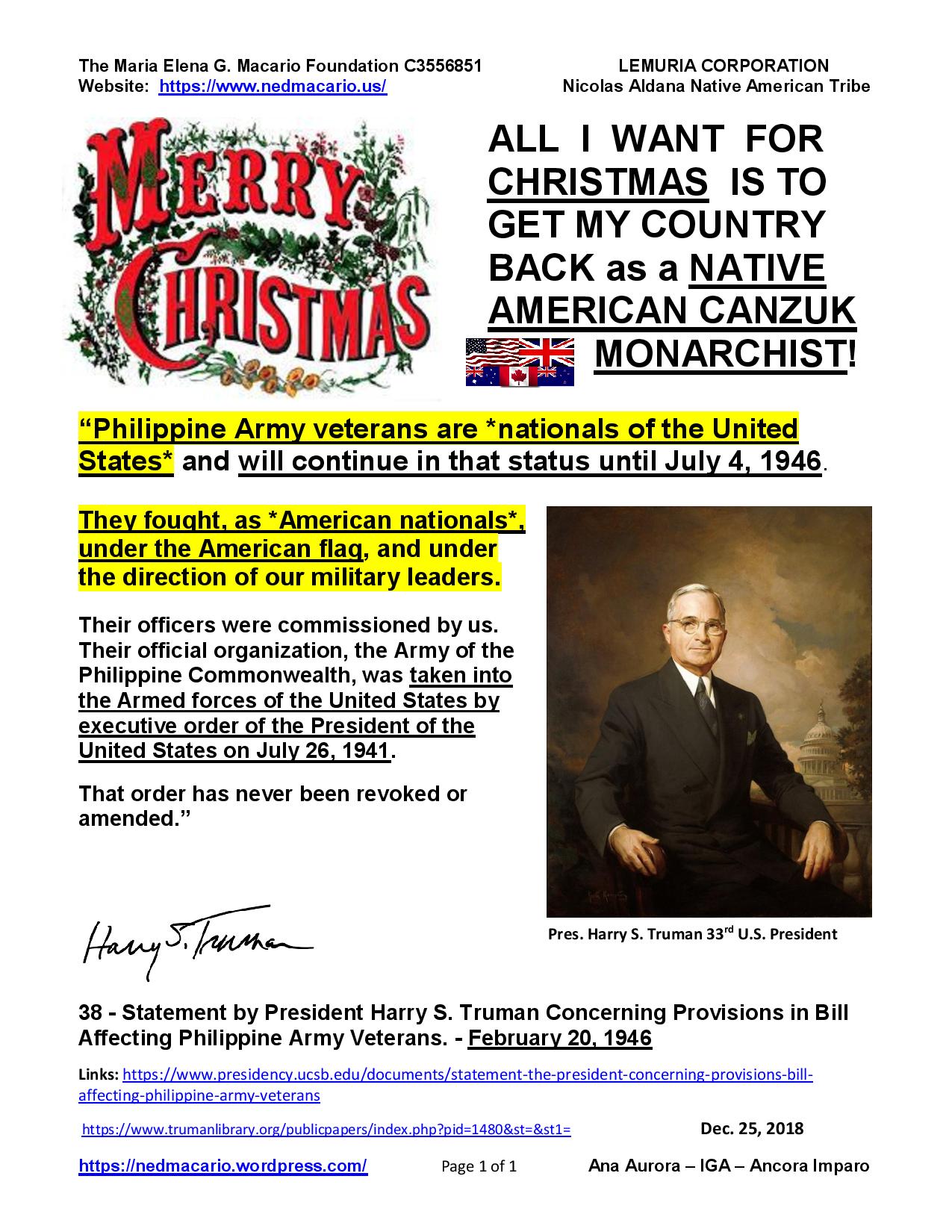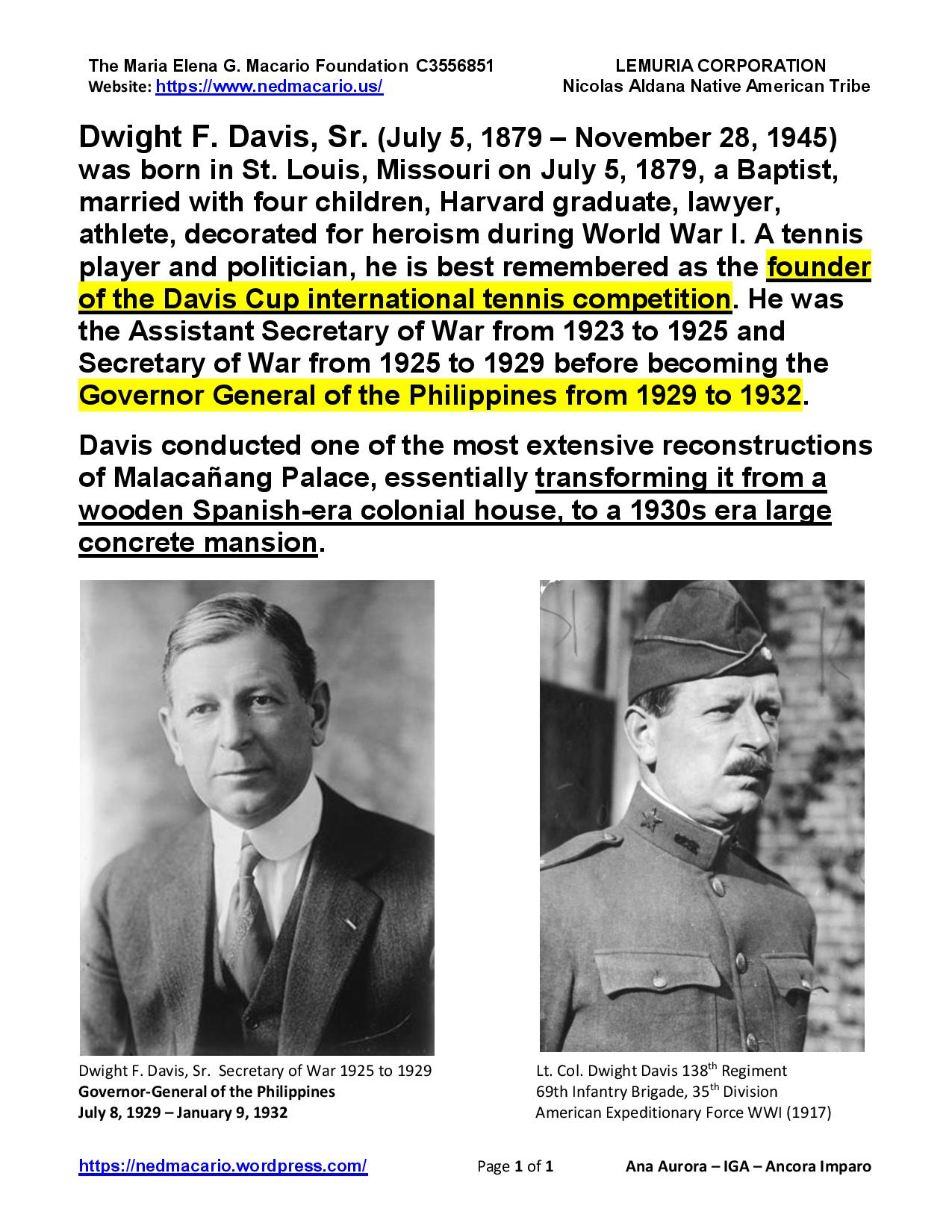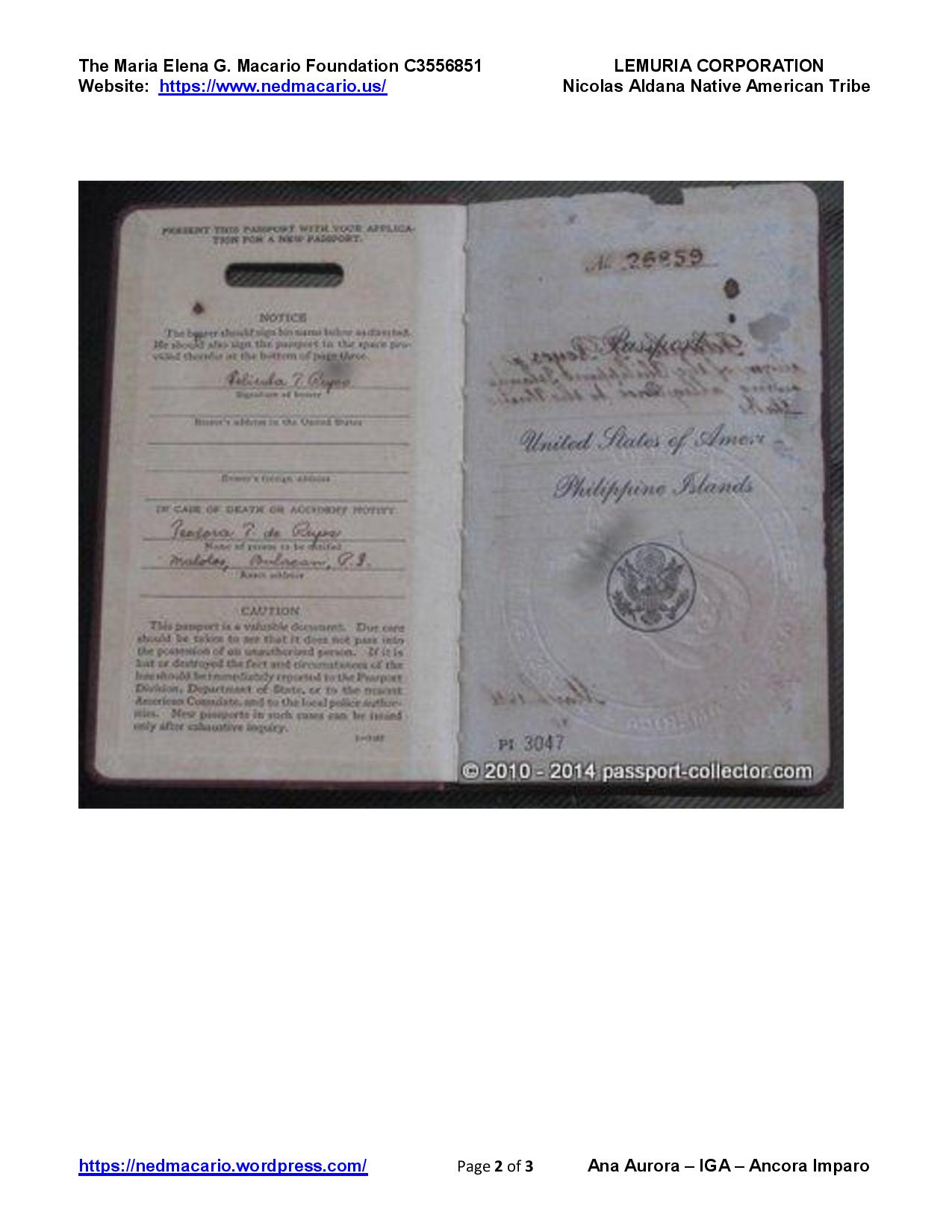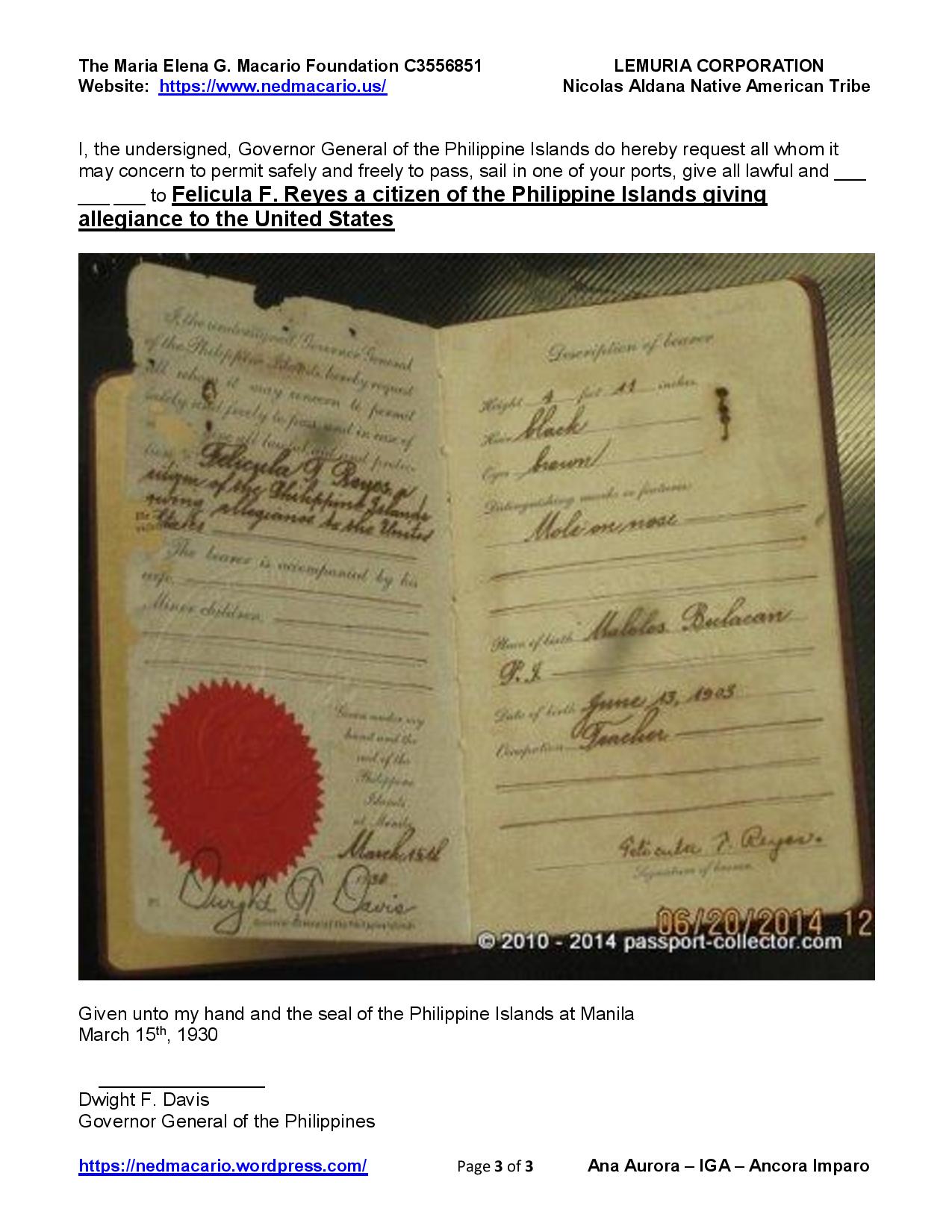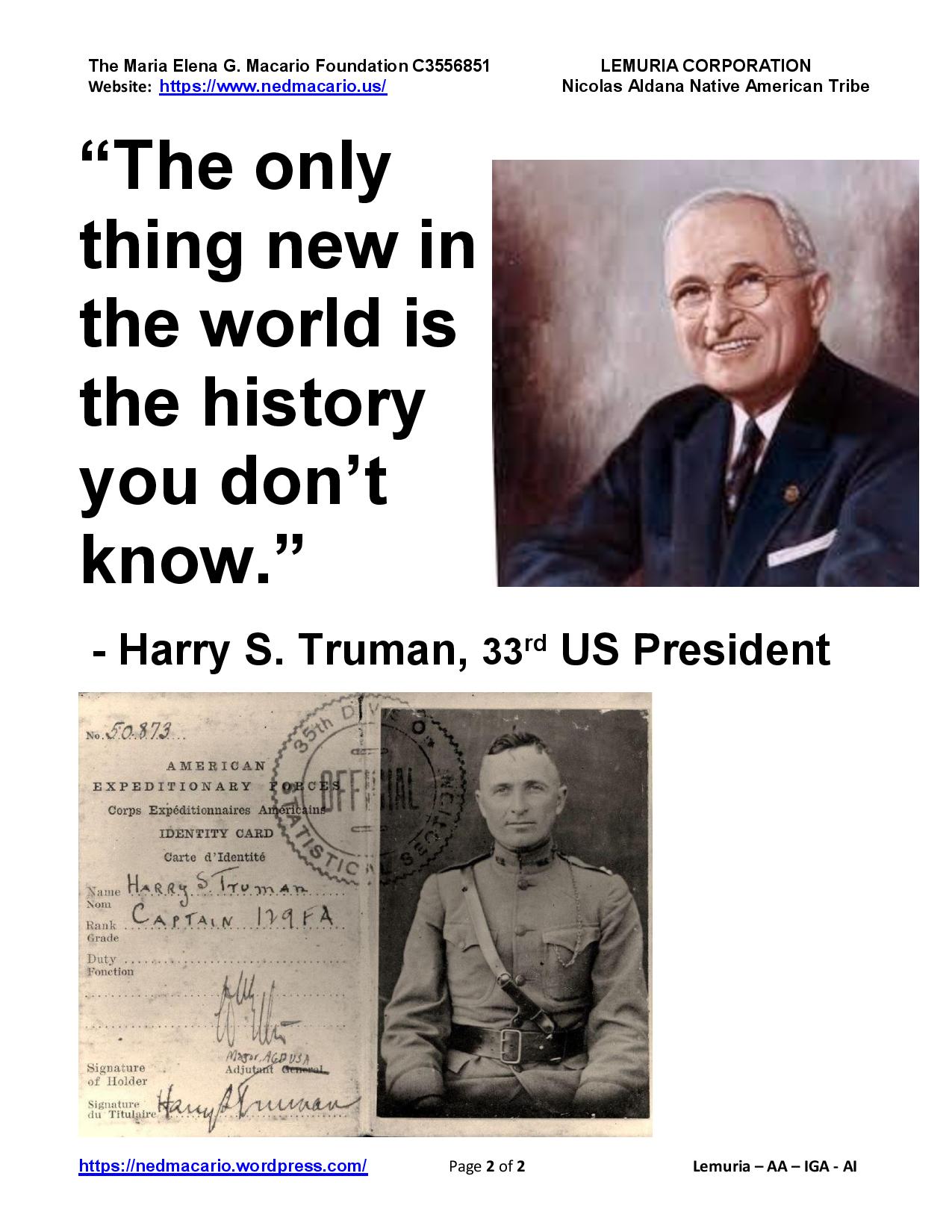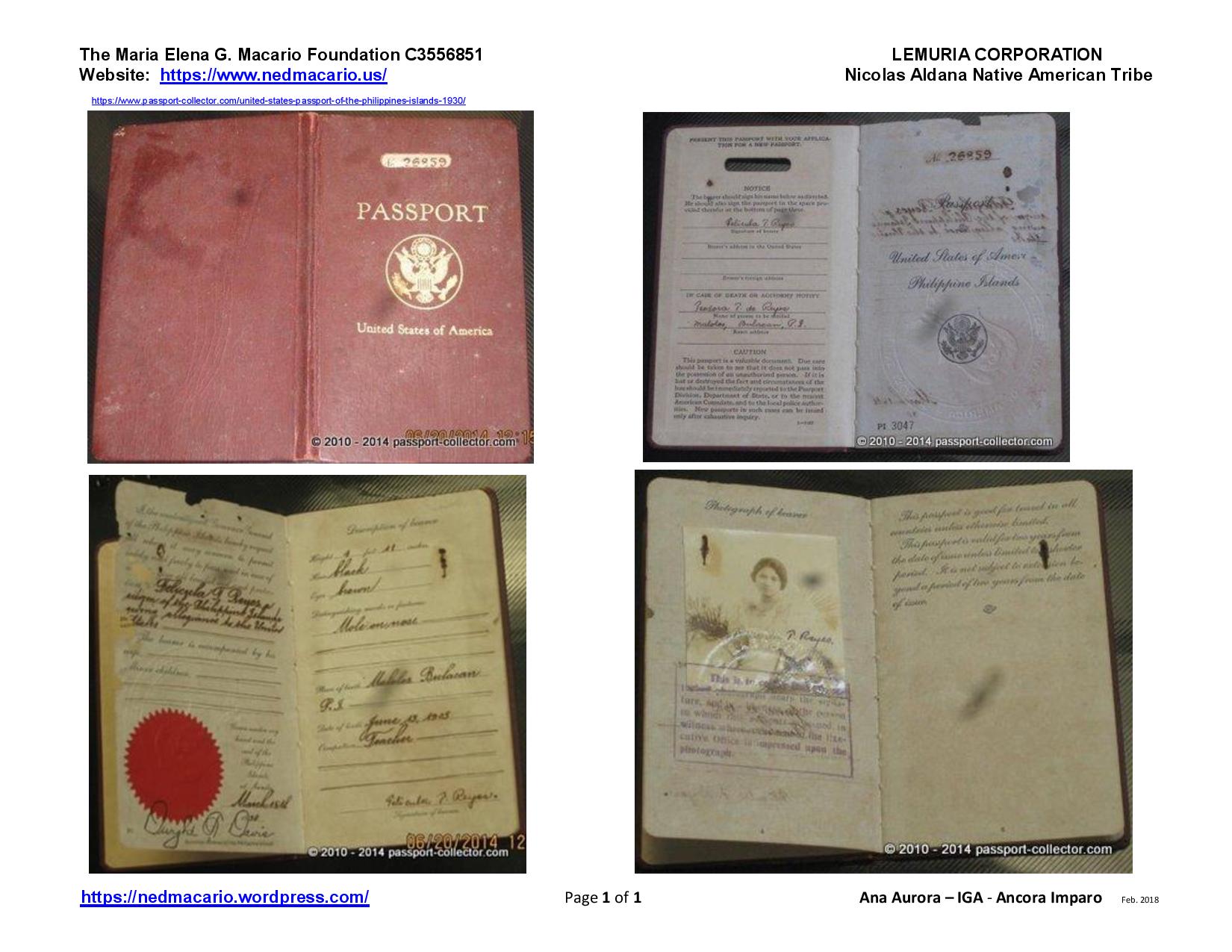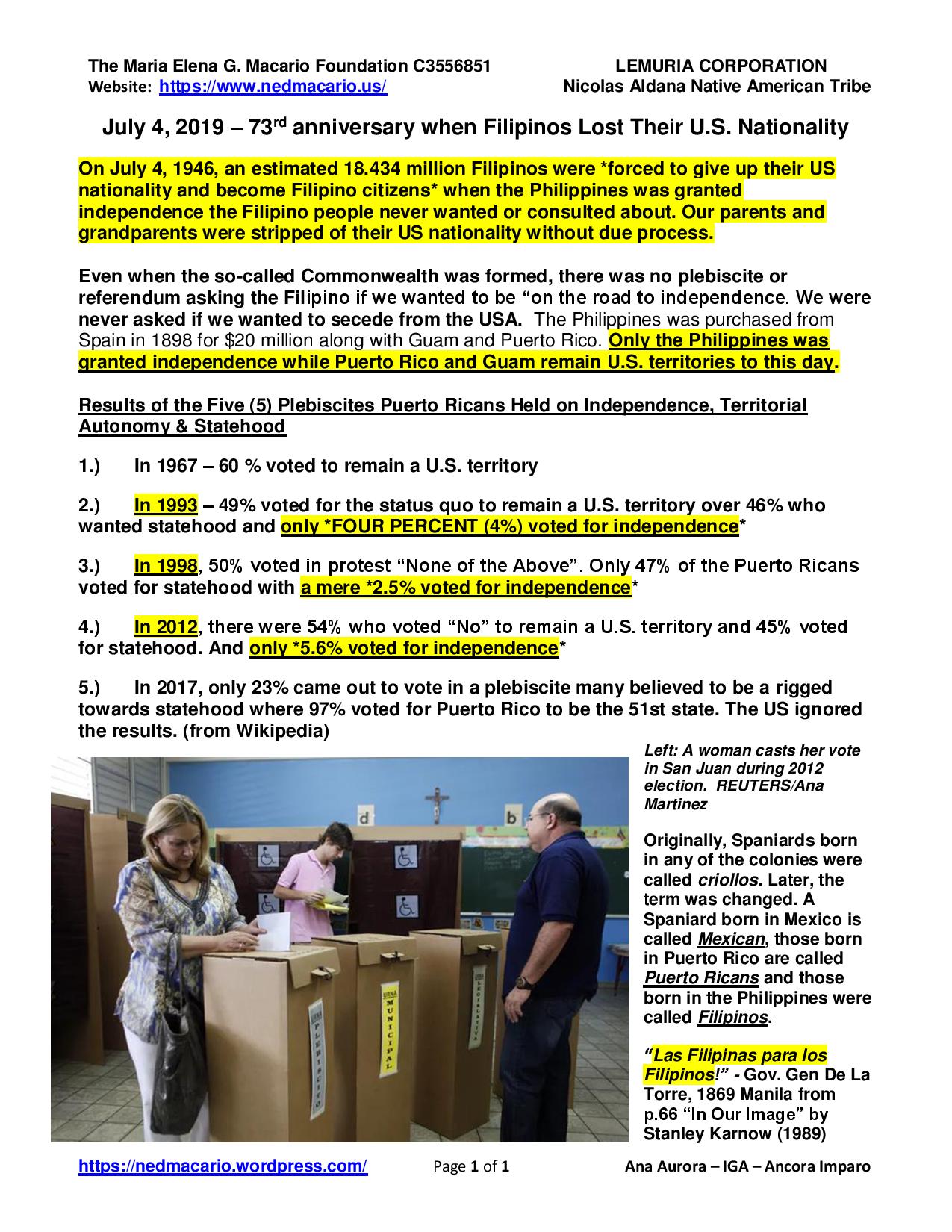Wednesday 26 December 2018
ALL I WANT FOR CHRISTMAS IS TO GET MY COUNTRY BACK as a NATIVE AMERICAN CANZUK MONARCHIST!
38 – Statement by the President Concerning Provisions in Bill Affecting Philippine Army Veterans. – February 20, 1946
IN APPROVING H.R. 5158, I wish to take exception to a legislative rider attached to the transfer of a $200,000,000 item for the pay of the Army of the Philippines.
The effect of this rider is to bar Philippine Army veterans from all benefits under the G.I. Bill of Rights with the exception of disability and death benefits which are made payable on the basis of one peso for every dollar of eligible benefits. I realize, however, that certain practical difficulties exist in applying the G.I. Bill of Rights to the Philippines.
However, the passage and approval of this legislation do not release the United States from its moral obligation to provide for the heroic Philippine veterans who sacrificed so much for the common cause during the war.
Philippine Army veterans are *nationals of the United States* and will continue in that status until July 4, 1946.
They fought, as *American nationals*, under the American flag, and under the direction of our military leaders.
Their officers were commissioned by us. Their official organization, the Army of the Philippine Commonwealth, was taken into the Armed forces of the United States by executive order of the President of the United States on July 26, 1941.
That order has never been revoked or amended.”
Signed Pres. Harry S. Truman 33rd U.S. President
38 – Statement by the President Concerning Provisions in Bill Affecting Philippine Army Veterans. – February 20, 1946
====================
The Statement in its entirety
38 – Statement by the President Concerning Provisions in Bill Affecting Philippine Army Veterans. – February 20, 1946
IN APPROVING H.R. 5158, I wish to take exception to a legislative rider attached to the transfer of a $200,000,000 item for the pay of the Army of the Philippines.
The effect of this rider is to bar Philippine Army veterans from all benefits under the G.I. Bill of Rights with the exception of disability and death benefits which are made payable on the basis of one peso for every dollar of eligible benefits. I realize, however, that certain practical difficulties exist in applying the G.I. Bill of Rights to the Philippines.
However, the passage and approval of this legislation do not release the United States from its moral obligation to provide for the heroic Philippine veterans who sacrificed so much for the common cause during the war.
Philippine Army veterans are nationals of the United States and will continue in that status until July 4, 1946. They fought, as American nationals, under the American flag, and under the direction of our military leaders. They fought with gallantry and courage under most difficult conditions during the recent conflict. Their officers were commissioned by us. Their official organization, the Army of the Philippine Commonwealth, was taken into the Armed forces of the United States by executive order of the President of the United States on July 26, 1941. That order has never been revoked or amended.
I consider it a moral obligation of the United States to look after the welfare of Philippine Army veterans.
I recognize, of course, that the Commonwealth Government, and after it, the Government of the Philippine Republic, have obligations to these veterans. But the Government of the Philippines is in no position today, nor will it be for a number of years, to support a large-scale program for the care of its veterans.
However, in recognition of the practical difficulties faced in making payments to Philippine Army veterans under the G.I. Bill of Rights, I have directed the Secretary of War, the Administrator of Veterans’ Affairs, and the United States High Commissioner to the Philippines to prepare for me a plan to meet these difficulties. I have asked that this plan be submitted not later than March fifteenth. I expect to request Congress to make such provisions as are necessary to implement the program when it is evolved.
________________________________________
Note: As enacted, H.R. 5158, approved February 1946, is Public Law 301, 79th Congress (60 Stat. 6). Also known as the Rescission Act of 1946. For the President’s message to the Senate transmitting a bill to provide benefits for Philippine veterans, see Item 122.
________________________________________
Citation: Harry S. Truman: “Statement by the President Concerning Provisions in Bill Affecting Philippine Army Veterans.,” February 20, 1946.Online by Gerhard Peters and John T. Woolley, The American Presidency Project.
Links:
https://www.trumanlibrary.org/publicpapers/index.php?pid=1480&st=&st1=
On June 4 the White House released a letter, dated May 21, which the President had received from the Honorable Manuel Roxas, President-elect of the Philippines. In his letter, Mr. Roxas stated that the President’s “action in sending the Philippine Veterans Bill to Congress was greeted here with the same feeling of gratitude which has attended all of the other generous acts of the American people with regard to us. I trust that Congress will act speedily on this matter.” (Back in 1945, then Commonwealth Pres. Manuel A. Roxas sought & was granted “Backpay” funds from the U.S. to pay for the salaries of collaborators who served the Japanese puppet government & the Japanese Emperor during the occupation of the Philippines. Pres. Truman initially vetoed the bill but was overridden by Congress)
________________________________________
Citation: Harry S. Truman: “Statement by the President Concerning Provisions in Bill Affecting Philippine Army Veterans.,” February 20, 1946.Online by Gerhard Peters and John T. Woolley, The American Presidency Project.
https://www.presidency.ucsb.edu/documents/statement-the-president-concerning-provisions-bill-affecting-philippine-army-veterans
Link: https://www.trumanlibrary.org/publicpapers/index.php?pid=1480&st=&st1=
=============
HAPPY 99th BIRTHDAY TO MY FATHER JOSE R. MACARIO!!!
